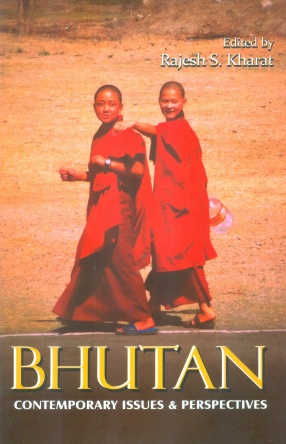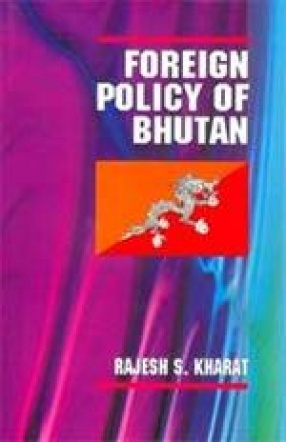
Showing all 4 books




Bhutan was under absolute hereditary monarchy until 2008 when she made a transition into a constitutional monarchy in which Parliament plays major role in policy making and governance. Yet, the King continues to wield extraordinary authority! Over the last decade the spectacular developments have taken place in the Kingdom’s social, cultural, economic and political life. Present study endeavors to evaluate critically democratic Bhutan’s overall ...

It is well known fact that the problem of Tibetan refugees is a living problem and it is bound to remain so for many years to come. In fact it is very much true that despite of constant protests made by Communist China on the issue of Tibetan refugees, the Government of India remains in a state of readiness to tackle the problem on a scale and in a manner which the magnitude and intensity of the problem demand. The grant of asylum to political and religious ...

The present study investigates the role of Bhutan in SAARC, and examines the major factors behind its joining the regional forum. It traces the contribution of Bhutan in the various stages of development of SAARC through its participation in different programmes and committees. The book also emphasises the significance of SAARC for Bhutan to secure its foreign policy objective and extend relations with the outside world other than India.

It is obvious that any country would like to have various options to pursue the goals of its foreign policy, viz. diplomacy, military, economy and lastly, cultural heritage. In bhutan’s case, being a small and landlocked state, the military option is out of question due to its weak military position, and lack of funds to maintain defence force. But the remaining three options, diplomacy, economic development and cultural status have proved to be quite useful. ...
